RESPONSIBLE TOURIST GUIDE
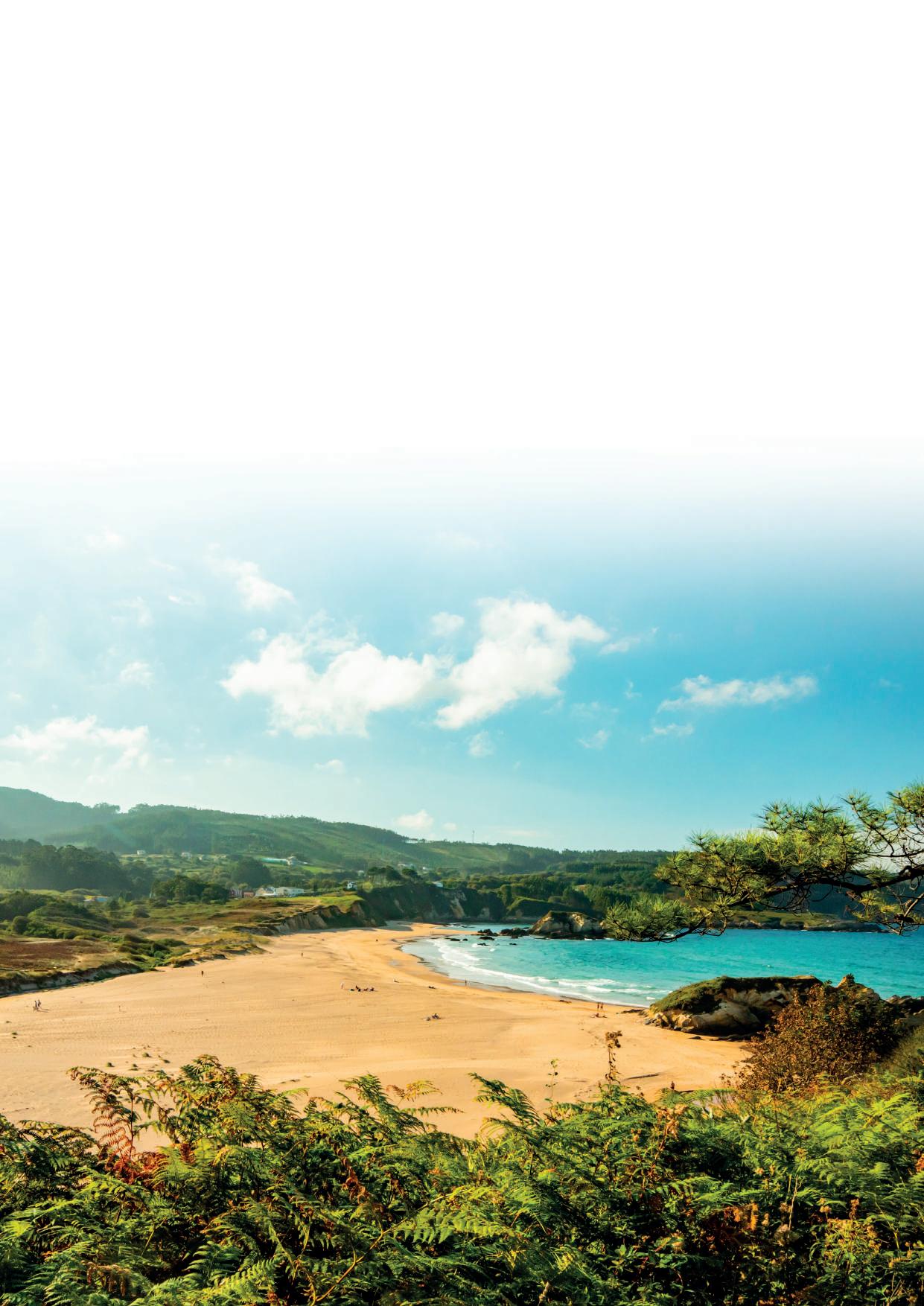


We welcome you to A Mariña Lucense and thank you for your interest in discovering and enjoying it.
We are delighted to welcome you and help you fully enjoy the exceptional treasure we safeguard.
As tourists, we have a direct and indirect impact on the economic, social, cultural, and environmental sustainability of the places we visit. The goal of responsible tourism is to minimize that impact.
This Good Practises Guide contains tips and recommendations to help make your trip both an enriching and sustainable experience


It is someone who enjoys a destination by:
Taking care of it
Leaving the smallest possible trace
Respecting people and their traditions
Appreciating the authenticity of each place
Choosing services committed to sustainability and quality tourism THEY ARE PEOPLE WHO SHOW RESPECT FOR THE TERRITORY THEY VISIT.
It is the way to obtain objective and up-to-date information about the services and tourist activities of the places you wish to visit.
On the o cial destination website amarinalucense.gal you will find information about the main tourist resources and services of the destination. Do not hesitate to complement this information through municipal tourist o ces, o cial websites, and the hosts in the area. We recommend always getting information from trusted sources.
To ensure a satisfying experience, especially when engaging in outdoor activities, remember to check the weather conditions, accessibility, rules for use and enjoyment, as well as safety recommendations.
It is advisable to make reservations in advance whenever possible. To ensure the conservation of the area and a quality tourist experience, certain sites with special environmental and/or cultural fragility have visitor control systems during specific times of the year when prior authorization is required. This is the case for the As Catedrais beach Natural Monument (Ribadeo) and O Fuciño do Porco (O Vicedo).
Respect and protect what makes a destination unique and di erent.
Before traveling, find out about the local customs and traditions of the destination you will visit (festivals, gastronomy, folklore, history). This will allow you to participate in the best way.
Be careful when visiting protected natural areas, heritage sites, archaeological zones, and other fragile and valuable places.
Help create jobs and retain population.
Enjoy local gastronomy, culture, and crafts. You’ll be contributing to the conservation and sustainable development of the area, as well as to the creation of employment.
Support local entrepreneurship by consuming products and services produced at the destination. Contribute to the development of local and small-scale economies.
Promote fair trade relationships with local suppliers.
Empathize with the local population and other visitors.
Treat people who live or work in the area with respect and kindness.
Facilitate accessibility and equal opportunities for people with di erent mobility or communication needs by respecting the spaces and services designated for their use.
Respect the sociocultural diversity of the communities you visit.

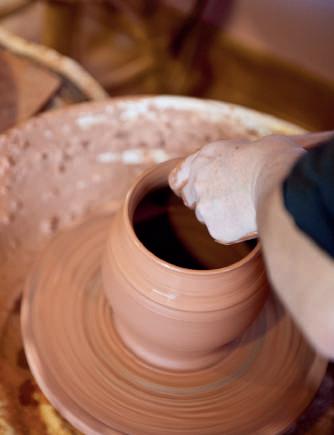
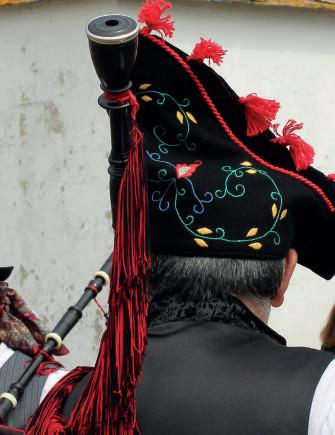
Respect the existing rules to help preserve tourism resources and services and take responsibility for any damage you may cause.
Protect the universal values of heritage and avoid negative impacts that could threaten its preservation.
Hire local guides who work with small groups. You’ll enjoy a more meaningful experience without compromising the conservation of resources.

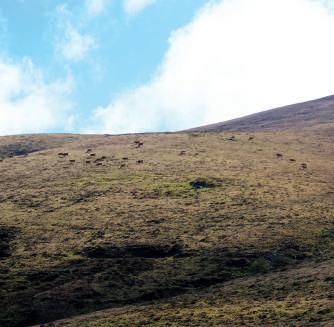


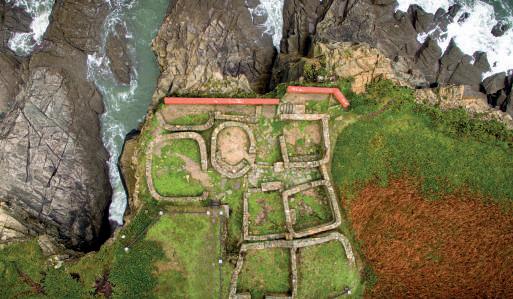
Natural resources are limited. That’s why we must protect and preserve them, contributing to tourism sustainability. Respect wildlife.
Choose routes that have minimal impact on the landscape, and use only enabled designated paths and trails.
Do not feed wild animals or remove or disturb natural elements like stones, plants, etc.
Make responsible use of water and energy. Contribute to e cient management and use of local resources by consuming products, services, or experiences that generate a lower environmental impact.
Reduce, reuse, and recycle your waste during your trip. Do not litter in nature, keep your waste until you find proper disposal containers.
Leave a minimal footprint and a positive impression.
Whenever possible, choose tour operators, accommodations, and other tourism services that are committed to sustainability and quality.
Use sustainable transportation. Look for the most e cient and least polluting way to get around.
In A Mariña, we have the Turismo Slow Norte de Galicia network of accommodations , hosts who are committed to sustainability and are part of the Galicia Destino Sostenible Product Club.
In addition, more than 50 companies dedicated to providing quality service have joined SICTED – Integral System of Spanish Tourist Quality in Destinations – and/or have been awarded the Q for Tourism Quality.

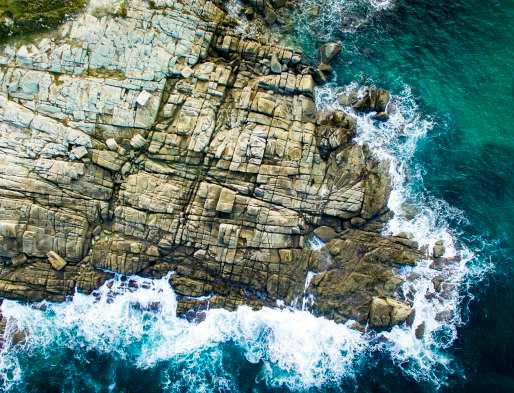
Receive understandable, truthful, and complete information about the characteristics and price of the products and services o ered before purchasing them.
Receive service quality in accordance with the type of establishment and the advertising made.
Feel safe both personally and materially, in accordance with current legislation.
Formulate complaints, claims, or reports and obtain a complaint form.
Not be subject to discrimination in accessing establishments or in the provision of tourism services.
Thank you for being part of the change towards a fairer, more respectful, and sustainable tourism
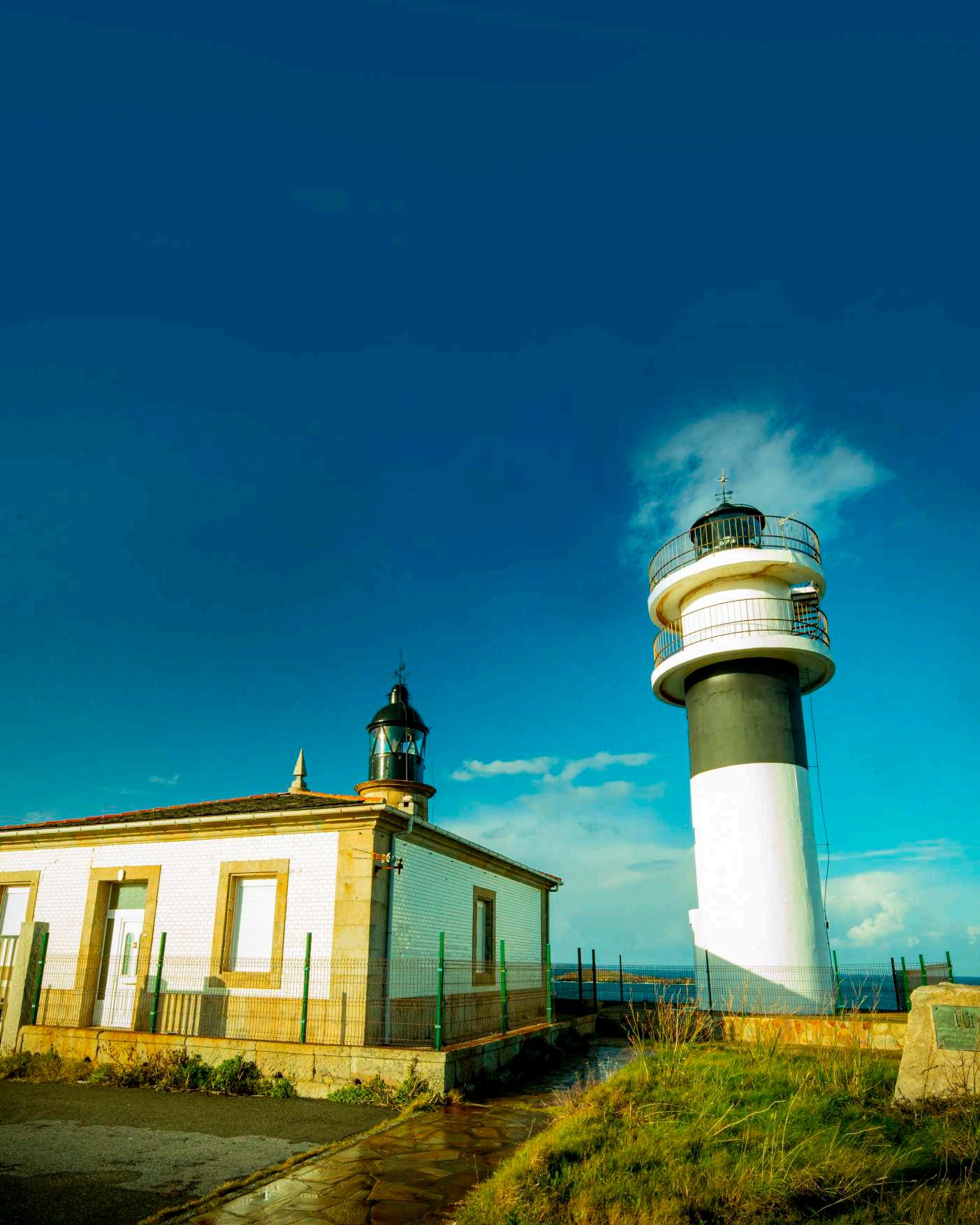


Tourism Sustainability Plan in A Mariña Lucense Collaborate